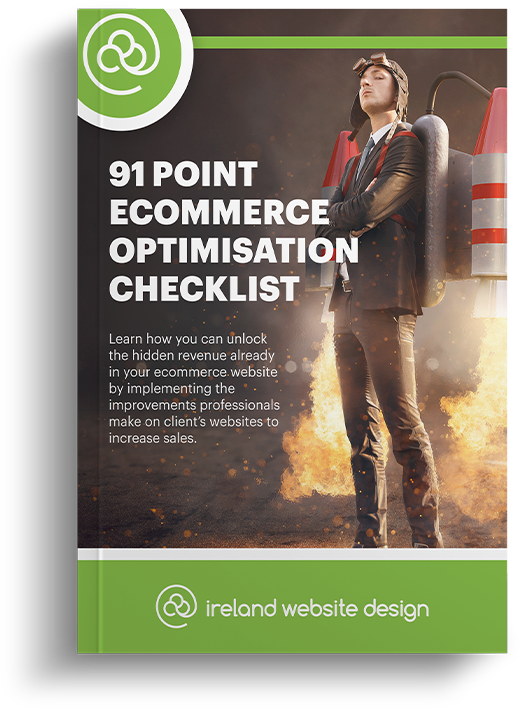So, you have finally decided to start your own business? Exciting as it might sound; you may not be prepared for the challenges lying ahead yet. There will be times when you are tested, times when you would want to give up on things and times that would bring a smile onto your face. However, what would guide you through all the ups and downs is the elevator pitch.
So, what is the elevator pitch?
Nice question.
Let’s say that the elevator pitch is akin to online dating.
How?
Well, there are two ways people date online – using a traditional website like eHarmony or something different like the Hot Or Not website, at least according to former Apple Chief Evangelist Guy Kawasaki. While the former uses all data that you provide to find your soul mate, Hot Or Not gets the person to look at a picture of the person and instantly decide if the person is ‘hot’ or not. Elevator pitching is much like the latter, you are expected to make your point in one go. There won’t be someone else setting it all up for you.
Let’s put it another way.
You are an entrepreneur looking to meet a new client or investor who could potentially fund a whole lot of green paper into your business. You schedule an appointment with the client but you know you are just one among hundreds of others who are trying to woo him over with such a product or service. Then, while on way to his apartment, you just meet him in the elevator. What do you say to him? Well, this is where the elevator pitch comes in.
True, you might just not meet the next potential client in an elevator, but the elevator pitch gives you the training you need when you happen to meet one at any chance meeting.
Seems far fetched yet?
Consider this then. Bobb Carr, the CEO of Heartland Payment Systems which is one of the largest credit card processors in the whole of U.S., actually managed to sell his new business idea at a place none other than a wedding!
So, what do you say when you deliver an elevator pitch? Here is a look at 5 things that make an elevator pitch stand out!
1. Being concise and crafty never hurts!
You have a business idea that can sell. Why not put it into words that actually make sense? Consider this. When asked about what your idea is, you are likely to respond in one of two ways. One, you might go into the minute details highlighting all the things that your idea can do once implemented, how you came up with your idea, why you think it’s the best and everything that actually might not matter at that point of time. Or of course, you might just tell in one brief sentence as to what the idea is, “Well, this is going to make …”
What you need is a well-crafted answer. Do not just deal with what the idea is but rather focus on what it can solve and how effectively. Let’s say you have developed software which will help companies reduce their running costs. You could put across your pitch like this:
“Employers are looking for ways to cut costs. Many are even paying too much to find an accountant that gets the job done on time. Our software helps you manage your costs more effectively, by keeping a tab on all resources you use and automatically advising you on how to save costs.”
Then, when the client asks you more about it, you then go on to divulge more information about what you have. It’s simple. You just have to catch the attention first.
2. Think up something novel
There are scores like you out there trying to woo potential investors and clients. Why will someone listen to you? Unless, of course, you have something unique to say! Steve Jobs could persuade people that it was morning even when people knew that it was evening time. The same goes for your product. You don’t just need to design a great one, but put it across effectively too. Confidence will play a key role here. The art of persuasion isn’t just an art; it might just be what you need to see the deal get through.
When asked questions, answer them without fumbling. Let the investor or client feel the confidence that you exude. Make them trust your product and ultimately you. Everyone wants to trust people who are sure of themselves, clients are no different. Let the clients know how your product stands out from others and what makes it so special – focus on the mantra of uniqueness.
3. Don’t forget to ask questions
Yes, much clichéd as it might sound, asking questions is never a bad thing, unless you tend to overdo it. Ask the investor or client basic questions like ‘what interests him in the product’, ‘what would make him like the product more’ and others. Striking up a conversation will not only help you determine how potential a client he or she is but also help build the much-needed connection and trust factor. The more comfortable the client feels with you, the better your chances are to seal the deal!
And when we say try to start up a conversation, we mean asking questions that are open-minded, rather than just ones that can be answered with a yes or no.
4. Don’t forget to fix a later date
When you have met the client or investor by chance it is impossible to cover all things in a short time frame. You need to schedule a meeting if you feel the client is interested. Make the elevator pitch not last more than 45 seconds or so, and if you feel that the client wants to take it to the next step, ask for a time where you could meet to discuss things in more detail.
And if the prospect actually does seem sceptical, ask what you could do to interest them in your product.
And when you have actually managed to fix a time, go back to regular talks, like ‘how beautiful is the bride’ if you saw the prospect at a wedding.
5. Practice makes perfect
Well, practice makes anybody perfect. And if you are good at what you do, you could actually rake in more profits than you expected. Remember, people might hear about your product for the first time, so it’s up to you to get them interested. Rehearsing might just help you get the confidence and rhythm so that you give out a well-crafted speech that works wonders!
A great way to rehearse would be to watch videos of yourself and spot your own mistakes. Rectifying them will only make you a great orator and marketer. You will know what you need to cut down on and where you need to improve upon.
In the end, remember, an elevator pitch shouldn’t tell everything. It should tell all the things required to get the client interested and make them want to know more. And the ‘want’ to know more, well, you can tell it when you have fixed the meeting!




